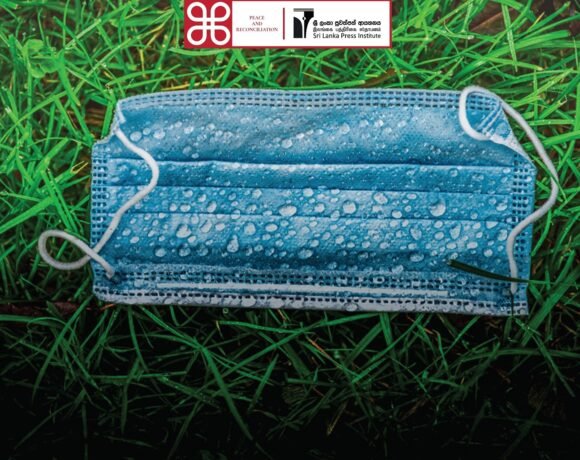
Would we let the next generation embrace a gloomy future?
Naveen Silva
The 39th President of the United States, Jimmy Carter, once said, “War may sometimes be a necessary evil. But no matter how necessary, it is always evil, never a good. We will not learn how to live together in peace by killing each other’s children.” As Sri Lankans, we have experienced fear when going to crowded places or while travelling by bus and seeing a person with a large backpack. Now it has all changed and we embrace the waves of peace and solidarity.
Given the current situation, there is a simple question we should ask ourselves: would we let our next generation also embrace a gloomy future? Would we ever want to shatter our freedom and peace?
Recently, many controversies have been on the rise over the Covid-19 casualties within the Muslim community as to whether to bury or cremate. And there has been huge pressure from the international community over this issue along with the rising allegations of human rights violations. Looking at our history, making Sinhala the official language under the Official Languages Act No. 33 of 1956 and resulting rumours over how the administration would make Tamil’s lives harder, created a sense of chaos. As such, since 1958, our nation has been through many communal riots that ultimately led to the creation of one of the world’s most dangerous terrorist organizations, the LTTE.
The whole point of the story is those little things always matter. Social media also plays a huge role as the young generation always uses these tools as their main source of information. Therefore, having discipline when using social media for information sharing is of utmost importance. Older generations should pass on their knowledge to younger generations about the consequences of what they have been through. As pointed out before, every Sri Lankan citizen, be they Sinhala, Muslim or Tamil, should ask themselves, if they would ever want to put their children’s future at risk.






